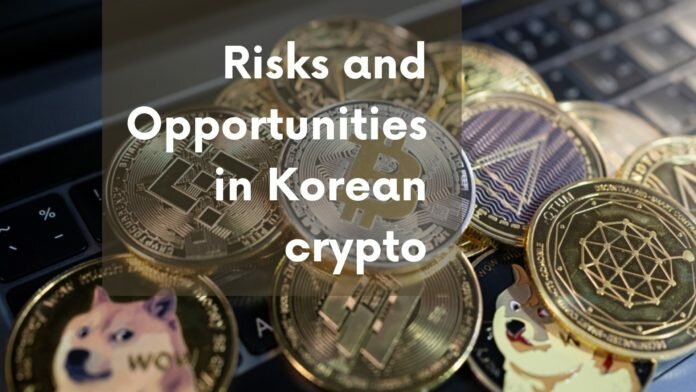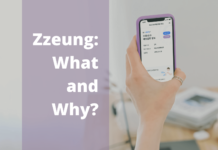One of the editors of the major Korean business daily Maeil Gyeongje penned some thoughts today on the LUNA fiasco and the difficulties of protecting investors in virtual assets.
Though tens of thousands of Koreans had invested in LUNA, the government can’t even determine how much they’ve lost due to a lack of legislation. The government cannot investigate or audit companies that issue coins, such as Terraform Labs, the company behind LUNA and UST.
President Yoon Suk-yeol ran on adopting the so-called “Basic Law on Digital Assets,” which the government hopes to enact by 2024. This law would confiscate ill-begotten gains, expand insurance against hacking and system errors, connect digital asset transaction accounts with banks and implement other investor protection mechanisms.
There’s a limit, however. The law would be virtually powerless in regulating virtual assets issued overseas. For that to happen, you’d need far more international cooperation on digital assets than seen so far.
There’s another limit, too. Cryptocurrency was created to get around central bank intervention. This means you can’t fully regulate it, nor can you completely protect investors. The most you can do is make it illegal to make transactions.
Ultimately, investors in virtual assets must take responsibility for their own investments. Even if the government enacts laws to protect investors, these laws are likely to do little more than cooperate with exchanges to stop mis-selling and give investors a head’s up when things look sketchy.
Korean banks, big businesses big on crypto
On the plus side, ZNet Korea reports that with the new South Korean administration apparently keen to promote the digital assets industry, many big players in Korea want to jump in.
In particular, Korean financial companies are calling for lighter regulations on crypto, noting that legal limits have prevented them from aggressively moving into digital assets like overseas financial companies have done.
On the industrial side, SK Square — the SK Group’s investor arm — is pushing an ICO within the year, with plans to build a virtual asset ecosystem for the group linked to the metaverse, e-sales and content production.
LG Electronics told stockholders in March that it has added “development and sales of blockchain-based software” to its business goals. The company has shown particular interest in NFTs and their potential linkages with smart TVs.
Samsung Electronic’s investment arm, meanwhile, invested in HNT-based 5G network developer FreedomFi in March. It also invested in NFT platform Metaplex in January.
The Iconist’s Note: We’ve said it before, but we’ll say it again — intensified corporate interest in crypto and blockchain in Korea opens up major opportunities for partnerships, sales and investment for specialized entities such as ICON and ICONLOOP.
It helps that both already have relationships with major Korean companies such as steel giant POSCO and leading bank Shinhan Bank.
Somebody said on Twitter today, “People don’t want utility. People want to make money.”
That might be true, but companies like Samsung and LG made their money by focusing on utility, because they know utility is where the long-term profits are.
If — and I realize the “if” does a lot of work in this sentence — ICON keeps its eyes on the prize, plugs away and produces products and services we can actually use, that will draw attention… the kind of attention that could make everyone a lot of money.









